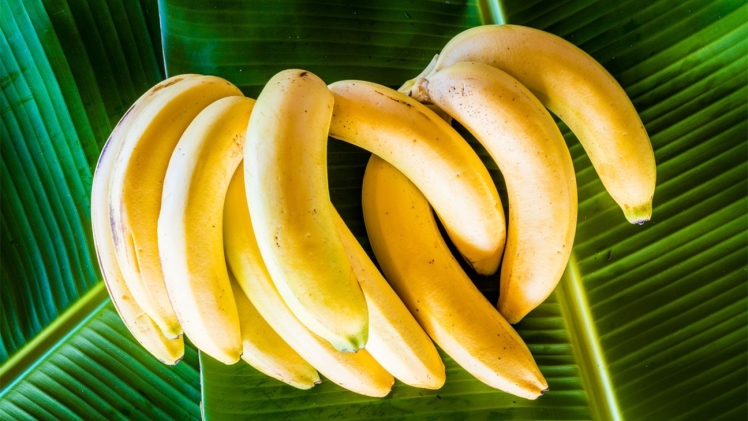We were staring it in the face. Away went our little family, like rats leaping off the burning ship. It hurt to think about everything at once: our friends, our desert, old home, new home. We felt giddy and tragic as we pulled up at a little gas- and-go market on the outside edge of Tucson. Before we set off to seek our fortunes we had to gas up, of course, and buy snacks for the road.
We did have a cooler in the back seat packed with respectable lunch fare. But we had more than two thousand miles to go. Before we crossed a few state lines we’d need to give our car a salt treatment and indulge in some things that go crunch. This was the trip of our lives. We were ending our existence outside the city limits of Tucson, Arizona, to begin a rural one in southern Appalachia. We’d sold our house and stuffed the car with the most crucial things: birth certifi cates, books- on-tape, and a dog on drugs. (Just for the trip, I swear.) All other stuff would come in the moving van.
For better or worse, we would soon be living on a farm. For twenty years Steven had owned a piece of land in the southern Appalachians with a farmhouse, barn, orchards and fi elds, and a tax zoning known as “farm use it.
Conclusion
We proceeded to wreck our agendas in the predictable fashion by falling in lovefor the school year we lived in Tucson, but every summer headed back to our rich foraging grounds, the farm. For three months a year we lived in a tiny, extremely crooked log cabin in the woods behind the farmhouse, listening to wood thrushes, growing our own food.

